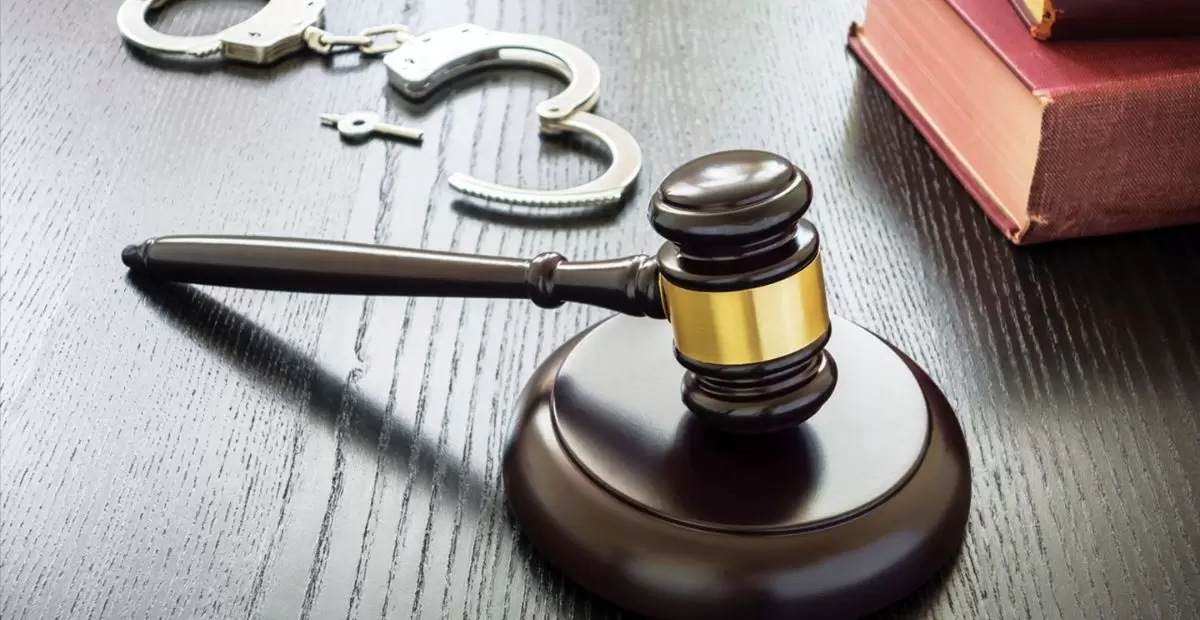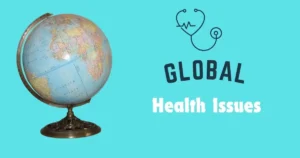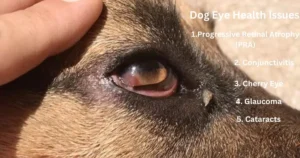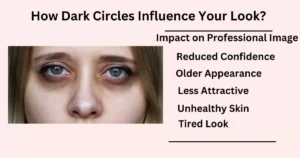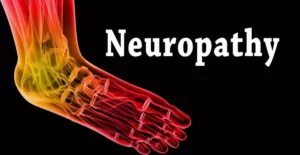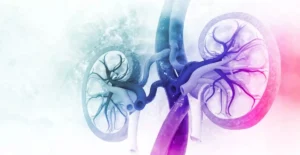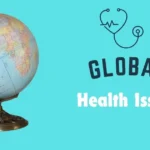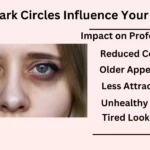Healthcare law is a set of decisions and guidelines that oversee how medical care is given and paid for. It incorporates regulations about protection, clinical treatment, and patient freedoms.
Ever wondered which healthcare laws can lead to criminal liability? How about we find out? Overstepping regulations, like charging for clinical benefits or selling fake medications, can prompt lawbreaking allegations.
Overstepping medical care regulations, such as claiming to be a specialist or selling counterfeit prescriptions, can land somebody in hot water. Individuals who violate these regulations could need to go to court and might go to prison. It’s vital to observe the guidelines to keep everybody protected and solid.
Healthcare Laws can Lead to Criminal Liability
In the realm of specialists and emergency clinics, there are rules called healthcare laws. These standards assist everybody with remaining protected and sound. Imagine it as a major manual that tells individuals in medical care what they should or shouldn’t do. Specialists and attendants keep these guidelines in mind to ensure they take care of their responsibilities in the correct way.
Think of healthcare laws as a superhero cape for healthcare professionals. When they wear this cape by following the rules, they become healthcare heroes, helping people feel better and stay healthy. These laws also protect patients, making sure their information stays private, like a secret superhero identity. So, understanding healthcare laws is like learning the superhero code for everyone in the healthcare world.
Healthcare Fraud
Healthcare fraud is when individuals stunt or mislead the medical services framework for their advantage. They could lie about being debilitated or make up counterfeit bills to get cash they shouldn’t have. This damages the framework and makes it harder for individuals who truly need help to get it. It resembles deceiving in a game but with serious ramifications for everybody’s well-being.
This sort of misrepresentation can occur in various ways. Some of the time, individuals could say they had a treatment or medication they didn’t get. At different times, they could profess to be another person to get clinical benefits or supplies they shouldn’t have. Everybody must realize that medical service extortion is off-base and can prompt huge difficulty.
The False Claims Act as a Key Player
The false claims act as a vital player in the significant regulation of medical care. That’s what it says: assuming somebody deceives and gets cash from the public authority for healthcare laws, they can cause problems. This regulation assists individuals who cheat or lie about how they got cash from government healthcare or Medicaid. Emergency clinics and specialists should be straightforward when they request cash from the public authority for healthcare laws.
In this way, the Bogus Cases Act assists with getting these miscreants and ensures they face ramifications for their activities. Like a safeguard that safeguards the public authority’s cash and keeps medical care fair for everybody. Specialists and clinics must be cautious when they ask the public authority for cash for medical care administration. If they are untruthful or cheat, they could cause problems under the Misleading Cases Act.
Stark Law Violations and Criminal Liability
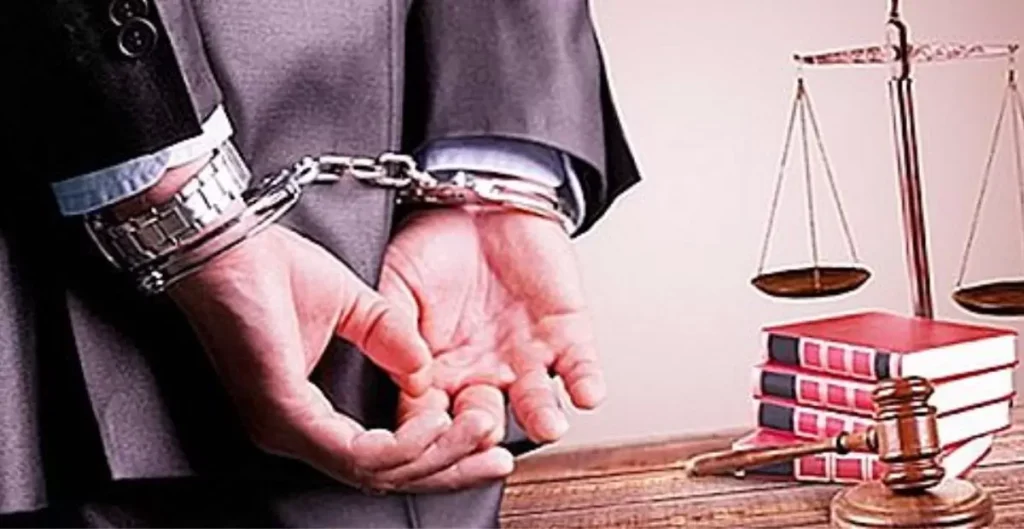
The False Claims Act is like a hero for halting individuals who lie for cash in healthcare. Suppose somebody lied to get heaps of cash from the public authority for medical care services they didn’t do. That would be unjustifiable for every individual who adheres to the guidelines. In this way, the Bogus Cases Act assists with getting these miscreants and ensures they face ramifications for their activities.
Specialists and clinics must be cautious when they ask the public authority for cash for healthcare laws. If they are untruthful or cheat, they could cause problems under the Misleading Cases Act. Like an admonition, the sign says, “Tell the truth or disaster will be imminent.” In this way, medical care suppliers need to adhere to the guidelines and ensure they’re doing everything right when they request cash from federal medical care or Medicaid.
HIPAA Violations for Protecting Patient Privacy
HIPAA violation rules resemble a safeguard to watch patients’ insider facts. If a specialist or a medical clinic shares your mysteries without asking you first, it’s a major no. Imagine assuming your instructor told everybody your grades without your authorization—that doesn’t sound fair, right? That is the very thing HIPAA prevents from occurring in emergency clinics.
In this way, specialists and medical attendants should keep your mysteries safe. Disrupting HIPAA guidelines is serious business. Suppose a medical caretaker educates somebody regarding a patient’s disease. Regardless of whether it’s a mix-up, it’s still illegal. That is because everybody’s clinical stuff ought to remain private.
Criminal Liability Under the Affordable Care Act
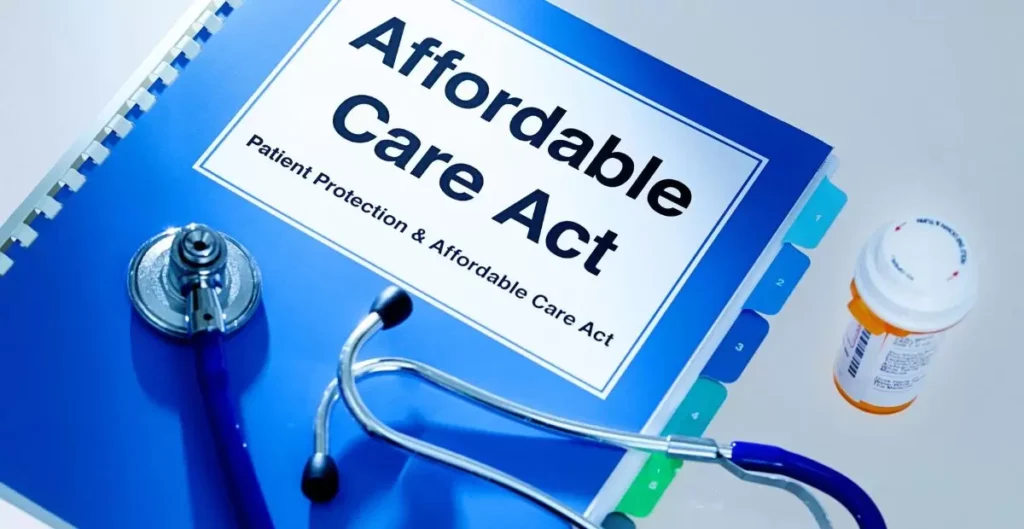
In straightforward words, the Affordable Care Act (ACA) is like a rulebook for health services in the US. Yet, assuming somebody disrupts these guidelines, they could deal with difficult issues, even criminal ones. We should envision it like playing a game, and if you don’t follow the guidelines, you could be in a tough situation.
When considering child health insurance, it’s crucial to discuss criminal risk. It’s akin to admitting a significant mistake. Under the ACA, if someone does something wrong, like deceiving or falsifying medical information, it could lead to trouble. It serves as a warning – follow the rules, or face severe consequences.
Legal Implications for Medicaid and Medicare Fraud
Medicaid and Federal Medical Insurance are significant projects that assist individuals with getting medical services when they need them. Be that as it may, at times, certain individuals attempt to swindle these projects for cash. This is called extortion. Assuming somebody swindles Medicaid or federal medical care, they can cause problems. They could need to pay a truckload of cash in fines or even go to prison.
At the point when somebody swindles Medicaid or federal healthcare, they could do things like charge for administrations that were rarely given or give payoffs for references. These activities are unlawful and can prompt serious results. The public authority treats misrepresentation as not reasonable for individuals who need help from these projects.
Challenges in Enforcement and Prosecution
Medicaid and federal medical insurance are significant projects that assist individuals with getting medical services when they need them.
- Be that as it may, at times, certain individuals attempt to swindle these projects for cash. This is called extortion.
- Assuming somebody swindles Medicaid or federal medical care, they can cause problems. They could need to pay a truckload of cash in fines or even go to prison. It’s like taking from the public authority, and that is illegal.
- At the point when somebody swindles Medicaid or federal healthcare, they could do things like charge for administrations that were rarely given or give payoffs for references. These activities are unlawful and can prompt serious results.
- The public authority treats misrepresentation as not reasonable for individuals to need help from these projects. Thus, it’s significant for specialists, medical clinics, and other medical care suppliers to follow the guidelines and try not to cross paths with the law.
FAQs
What happens if a doctor makes a mistake?
If a specialist commits mistakes, they may be considered responsible under the law of clinical carelessness in Pakistan, particularly on the off chance that it hurts the patient.
Who are criminally liable persons?
Specialists, medical clinic directors, and anybody associated with medical services can be expected criminally to take responsibility. If they defy the norms, it will prompt mischief or exaggeration.
How can healthcare professionals avoid criminal liability?
Medical care experts can keep away from criminal responsibility by observing the guidelines and telling the truth in their work, guaranteeing patient security and fair practices.
Conclusion
In this way, that is the scoop on healthcare laws and why they’re so significant. Keep in mind, that these regulations resemble decisions that keep everybody protected and sound. Breaking them can cause individuals problems, such as going to prison or paying loads of cash.
It’s significant for specialists, nurses, and everybody in healthcare to follow these guidelines. By understanding these regulations, we can ensure that everybody gets the consideration they need and that no one gets injured. In this way, we should all do our part to carry on and keep our medical services framework moving along as planned.

